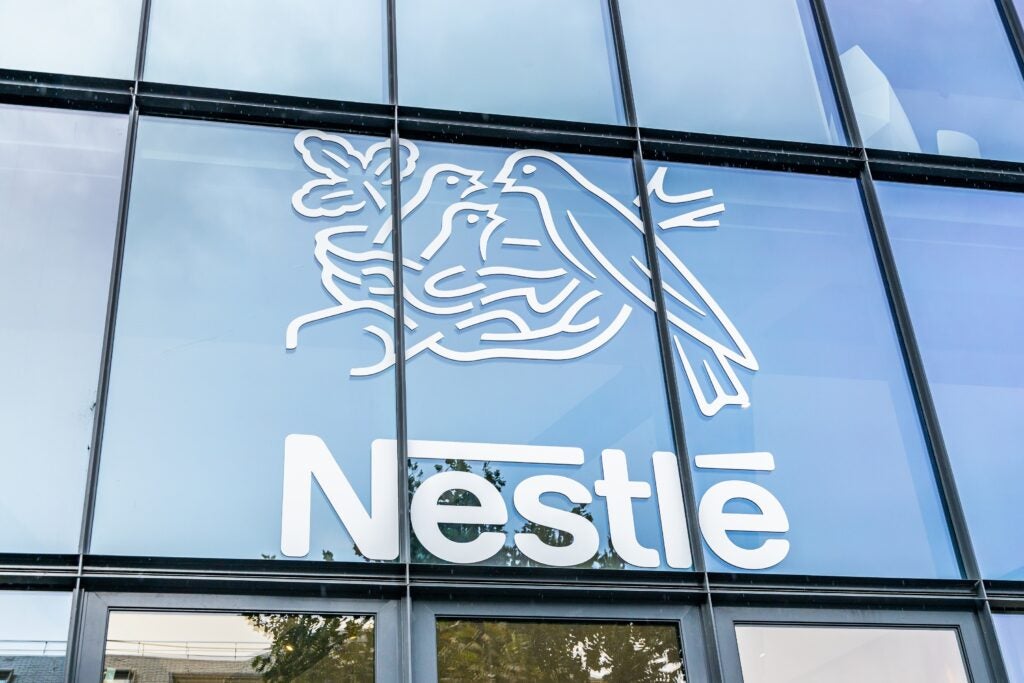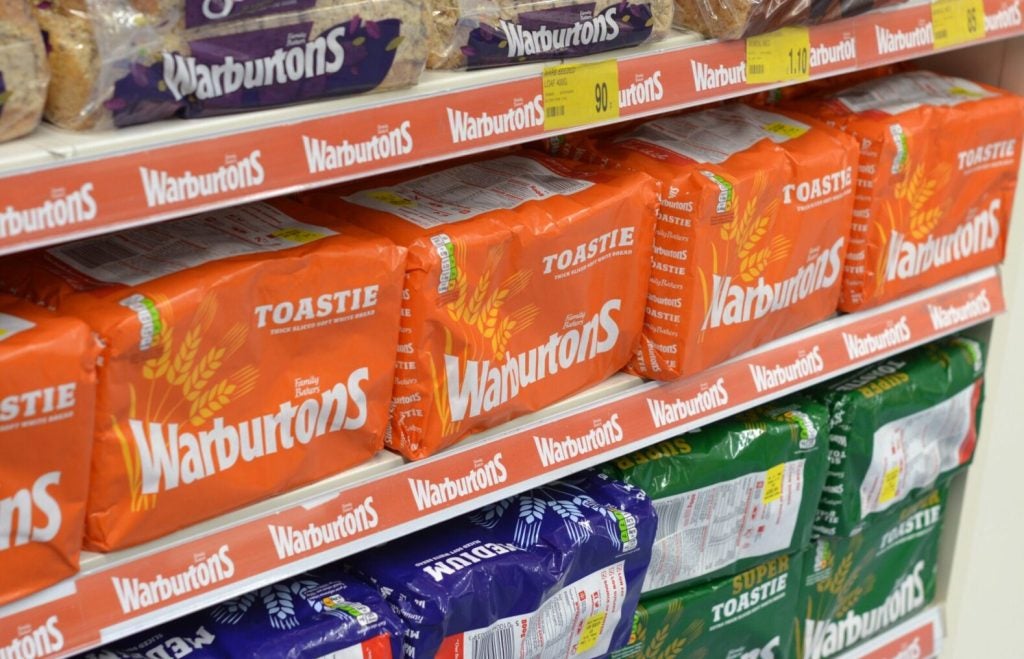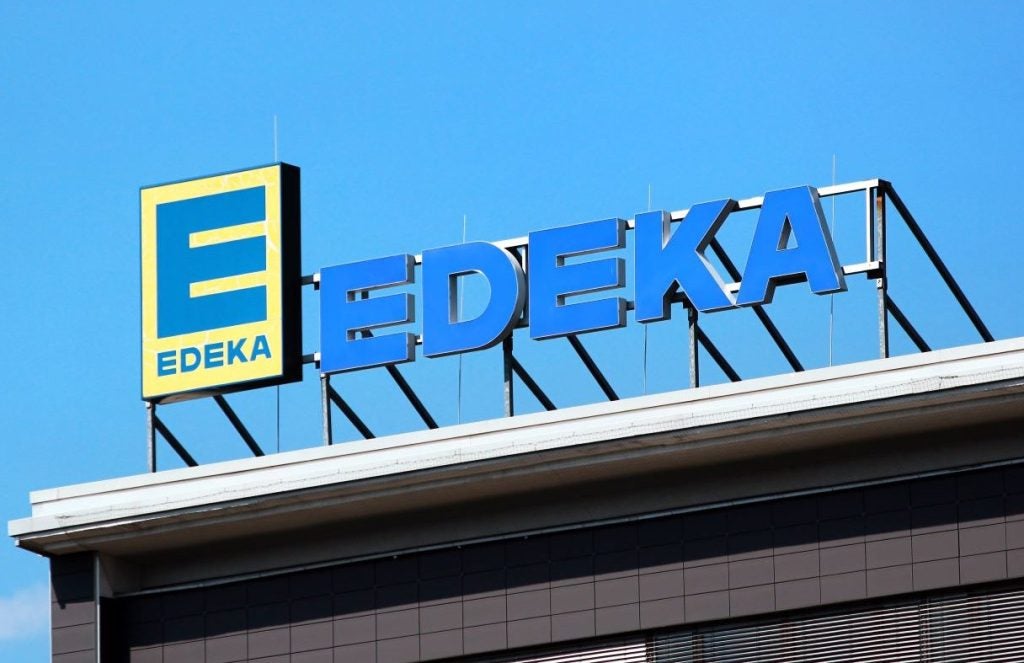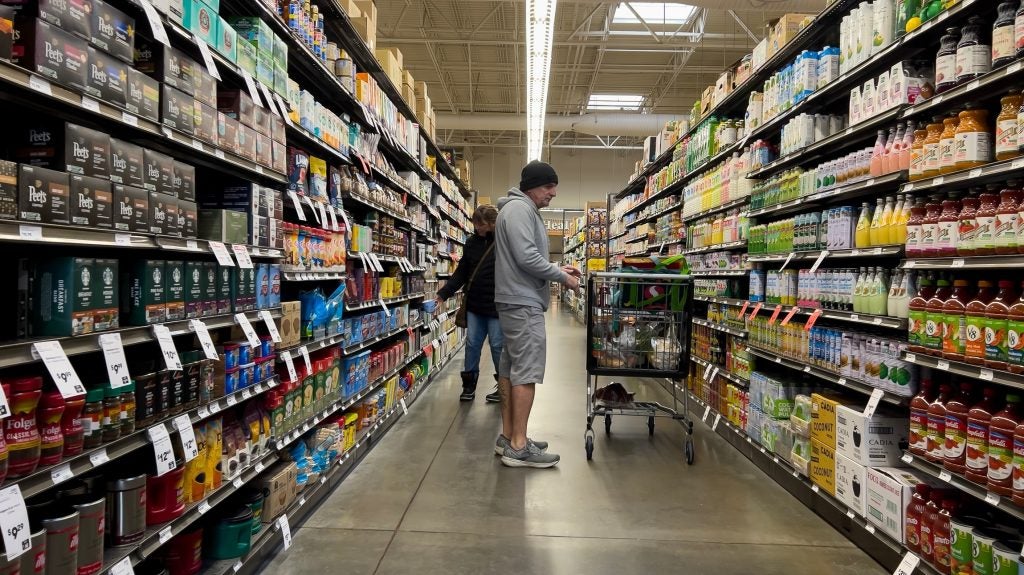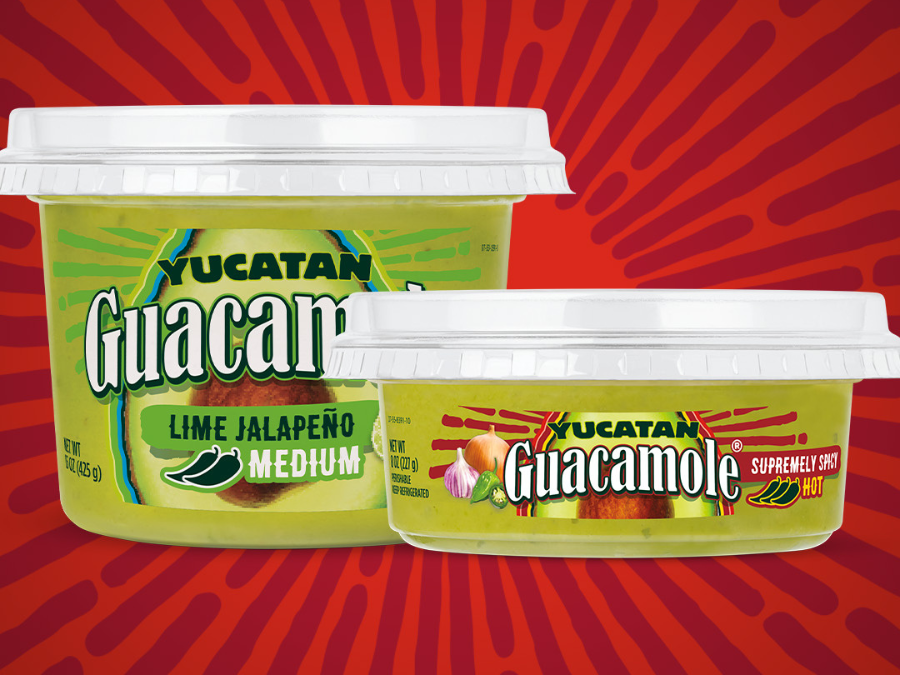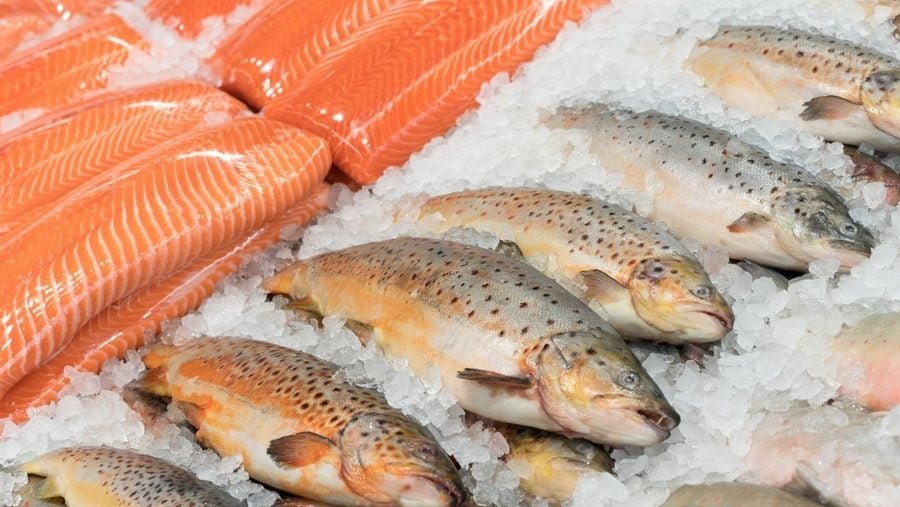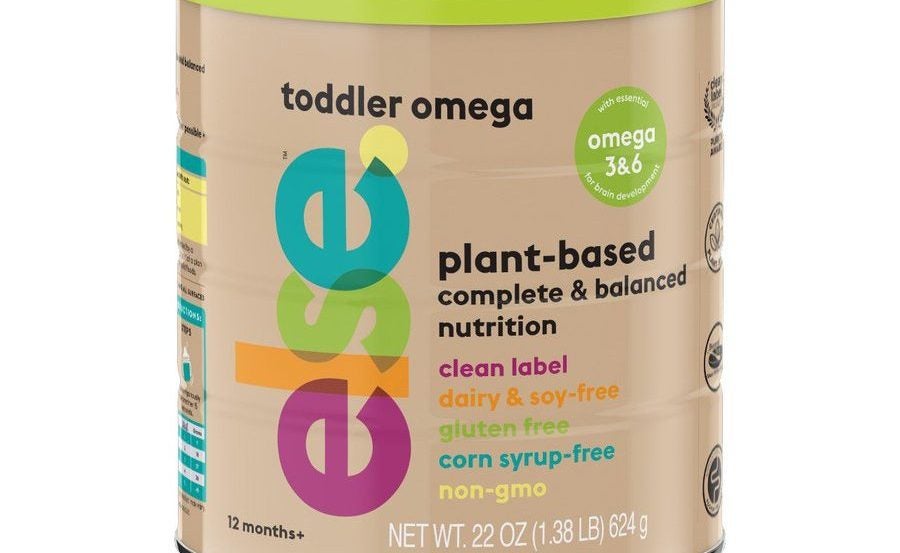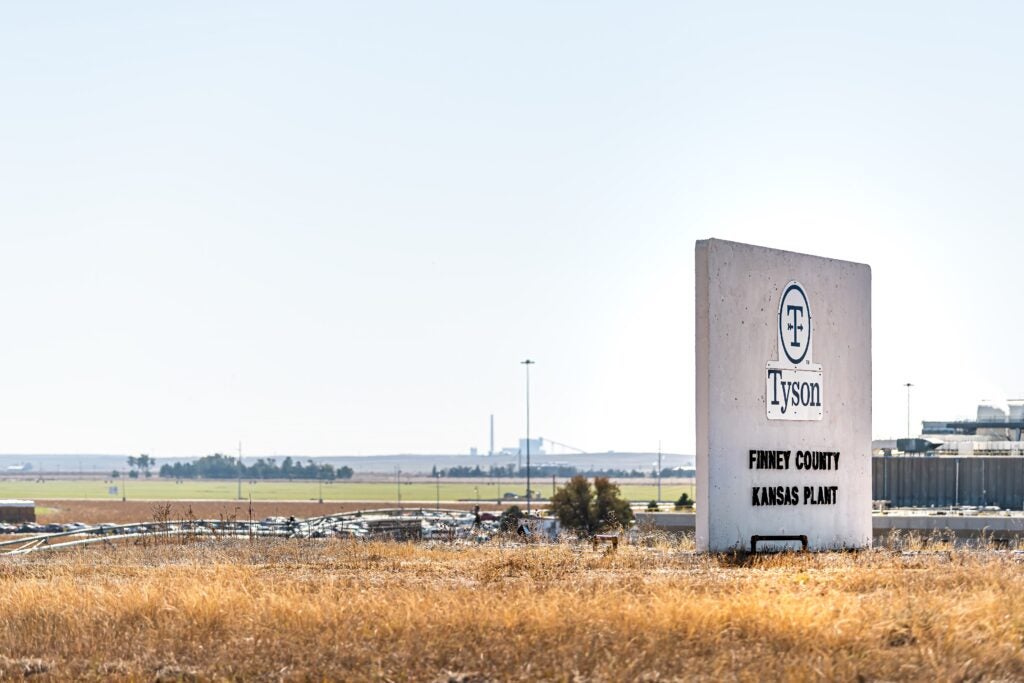Nestlé is in negotiations to sell a factory in France that was at the centre of a fatal E. coli outbreak last year.
The Swiss giant is holding talks with Italy-based pizza supplier Italpizza over the site, which is based in Caudry in northern France.
In a statement, Nestlé said a deal could be finalised “by the start of 2024” after consultation with staff.
In March, the world’s largest food maker said it was closing the plant in the wake of the scandal.
A month later, the group confirmed it had agreed to a settlement with the victims of the outbreak.
Dozens of children fell sick after eating contaminated food - and two died. In April last year, the Paris prosecutor’s office opened an investigation into alleged involuntary manslaughter. Health officials ordered output at the factory to cease five days later.
According to Nestlé, the results of an internal investigation at the plant confirmed “the most likely hypothesis: flour contamination by E. coli STEC bacteria”.
The Caudry factory had two lines and, last December, Nestlé received the go-ahead to reopen the line unaffected by the recall.
However, the company decided to shut the factory due to declining sales.
The Caudry site was excluded from a deal Nestlé subsequently struck to run its pizza business in Europe with PAI Partners.
Italpizza has six factories supplying more than 50 markets. In the last year, the company, owned by Dreamfood, has snapped up two businesses: Italian frozen-foods group Mantua Surgelati and local ice-cream maker Italgelato.


